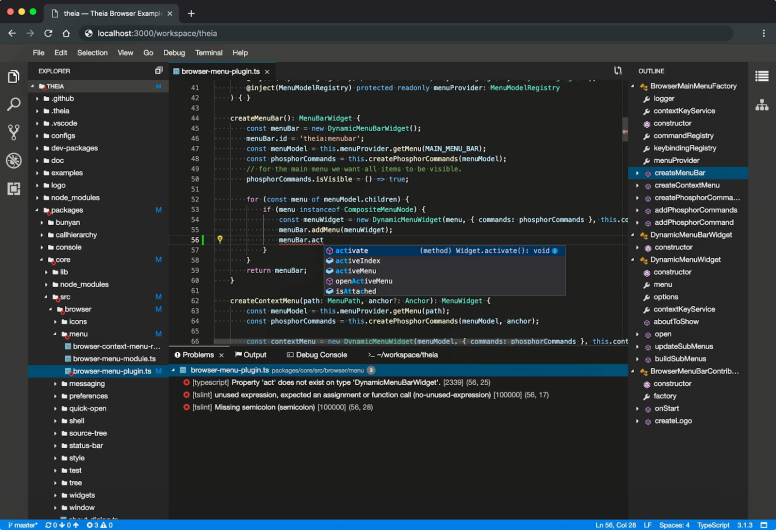Our Instructional Design approach is rooted in constructivist learning theory, which states that people actively construct their learning through real-world experiences, as opposed to through passive absorption of presented facts.
Central to the constructivist approach is the concept of authentic learning.
Authentic learning
Courses are said to be authentic if they are personally and culturally relevant:
"Learning materials are personally relevant when they contain new information learners can connect to their personal goals / ambitions in the outside world." (Meyers & Nulty, 2009)
"Learning materials are culturally relevant when they teach something that members of the discipline recognize as important or true." (Stein et al., 2004)
Inspired by constructivist theory we want our courses to be as personally and culturally relevant as possible. How do we work towards this?
Personal relevance
We use real-world examples and code samples, rather than contrived or close-to-abstract ones. We draw from Drupal's official source code, third party modules, and the practical experience of our subject matter experts.
We tell learners how each unit fits into the learning path, and explain not only what to do, but how to think about the topic being discussed.
Cultural relevance
We use learning materials and sample code created and peer-reviewed by subject matter experts.
Our sample code is correct and up to date. This means the code is not deprecated, follows recommended practices, and adheres to code and documentation standards.
Learners have access to an authentic learning environment: a practice / learning environment that closely resembles real-world conditions.
Authentic learning environments
Where many online training systems require learners to passively receive information, we design units with small bits of new information and encourage learners to put their newly acquired insights into practice immediately.
We keep the practice environment as close to real-world conditions as we can by giving: each learner access to a private Drupal sandbox site and a fully featured Cloud IDE.
Drupal Sandbox sites
Our sandbox sites are private, isolated, and up-to-date. This encourages learners to practise without fear: nobody can see their mistakes, they can only break their own site (not anyone else's), and they can reset things at any time.
Drupal Cloud IDE
Over the years we thoroughly tested and compared various web-based code editors such as Codiad, AWS Cloud9, Code Server, Ace Editor, and finally settled on Theia, a fully featured IDE with syntax highlighting, code completion, step-by-step debugging, git integration, and a terminal emulator.
Most importantly though, Theia is opensource software and uses Monaco, the same user-facing editor component found in the widely used Visual Studio Code IDE.
By using a Cloud IDE as a teaching tool we not only teach concepts and practices, but also effectively prepare learners to work with commonly used IDEs.
As a result, the experiences from which learners create and internalise problem-solving strategies are directly transferable to the real world.
Summary
- We make learning materials personally and culturally relevant.
- We create a learning environment that's as close to the real world as we can make it.
- We encourage experimentation, and devise exercises and labs projects in such a way that learners form strategies that naturally transfer from the learning environment to the work environment
References
Meyers, N. M. & Nulty, D. D. (2009). How to use (five) curriculum design principles to align authentic learning environments, assessment, students’ approaches to thinking and learning outcomes. Assessment & Evaluation in Higher Education, 34(5), 565-577.
Stein, S. J., Isaacs, G. & Andrews, T. (2004). Incorporating authentic learning experiences within a university course. Studies in Higher Education, 29(2), 239-258.

